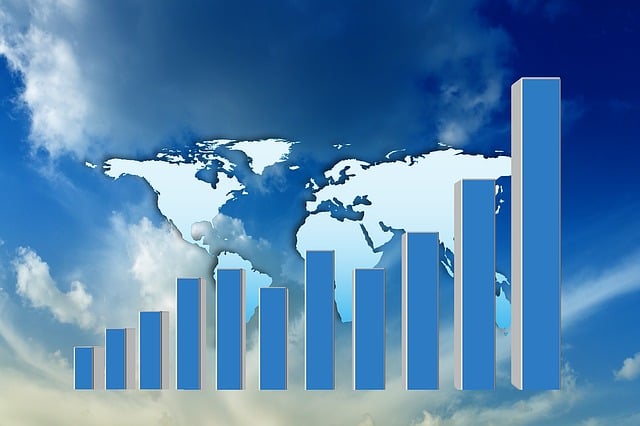Choosing the right CFD Trading broker is a crucial step for anyone looking to trade successfully. A broker does more than just execute your trades—they provide the platform, tools, and security that underpin your trading experience. But how do you separate the best from the rest? Asking the right questions can guide you to a broker that aligns with your needs and trading goals.
Are They Regulated?
Regulation is the first and most important factor to consider. A regulated CFD Trading broker ensures your funds are protected, and your trades are executed in a transparent environment. Trusted regulatory bodies such as the FCA (UK), ASIC (Australia), or CySEC (Cyprus) impose strict standards on brokers. If a broker can’t produce evidence of regulation, it’s a major red flag.
What Are the Costs?
Trading costs can vary significantly between brokers and can impact your profitability over time. Ask your potential broker about their fees, including spreads, commissions, and overnight charges. Be wary of hidden costs, such as withdrawal fees or inactivity penalties, which could erode your profits.
For example:
- How tight are the spreads? Tighter spreads allow you to retain more of your earnings, especially if you’re an active trader.
- Are commissions reasonable? Some brokers offer commission-free trading, while others may charge based on trade size.
What Markets and Assets Do They Offer?
A diverse portfolio is key to minimizing risks and maximizing opportunities. Does the broker provide access to all the assets you’re interested in, such as forex, indices, commodities, or cryptocurrencies? A top-tier CFD Trading broker will offer a broad range of markets, giving you the flexibility to explore different opportunities.
How User-Friendly Is Their Platform?
The trading platform is where all the action happens, so it’s essential that it’s intuitive, fast, and equipped with the tools you need. Consider these questions:
- Is the platform easy to navigate? Beginners will appreciate straightforward layouts, while experienced traders may need advanced features.
- Does it support mobile trading? A reliable broker offers apps that let you trade seamlessly from your smartphone or tablet.
Test out a demo account, if available, to ensure the platform matches your expectations.
Do They Offer Risk Management Tools?
Trading CFDs comes with inherent risks, so robust risk management tools are a must. Ask your broker if they provide features like stop-loss orders, take-profit limits, and margin alerts. These tools help you control your exposure and protect your capital during volatile market conditions.
How Accessible Is Their Customer Support?
Good customer support can save you from significant frustration, especially during critical trading moments. Find out if the broker offers 24/7 support and through what channels (live chat, phone, or email). A reliable CFD Trading broker will have knowledgeable representatives ready to assist with technical issues or account queries.
What Resources Are Available for Education?
Continuous learning is vital for trading success. Check if the broker offers educational materials like tutorials, webinars, market analysis, or trading guides. Brokers that invest in your growth demonstrate a commitment to your success.
Do They Value Transparency?
Transparency builds trust. Your CFD Trading broker should provide clear information about account types, fees, and trading conditions. If the terms seem vague or overly complicated, it’s worth exploring other options.
Selecting a CFD Trading broker is more than just choosing a service—it’s about finding a partner for your trading journey. By asking the right questions about regulation, costs, platforms, and support, you ensure that the broker you select aligns with your needs. Take your time, compare options, and prioritize trustworthiness and quality. The right broker doesn’t just facilitate trades; they empower you with the tools, knowledge, and security to navigate the markets confidently.
